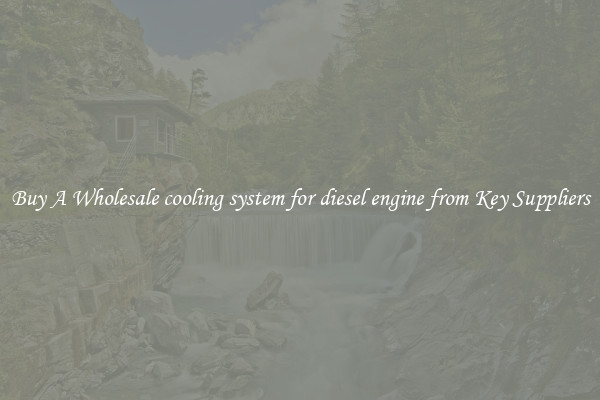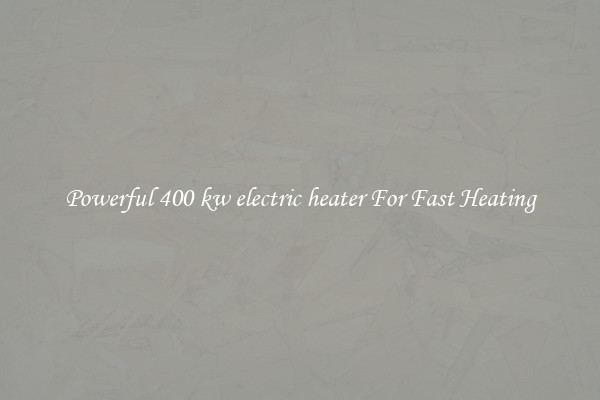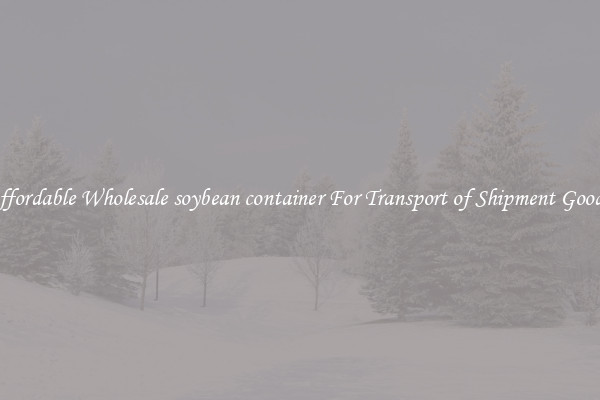Wholesale toxic heat For Home Heating And Cooling
Wholesale toxic heat for home heating and cooling may sound like a convenient option, but it comes with a host of risks and dangers. Toxic heat, also known as waste heat, refers to the excess heat produced during a process or activity that is not safely managed or used. This waste heat can be harmful to the environment, as well as to human health.
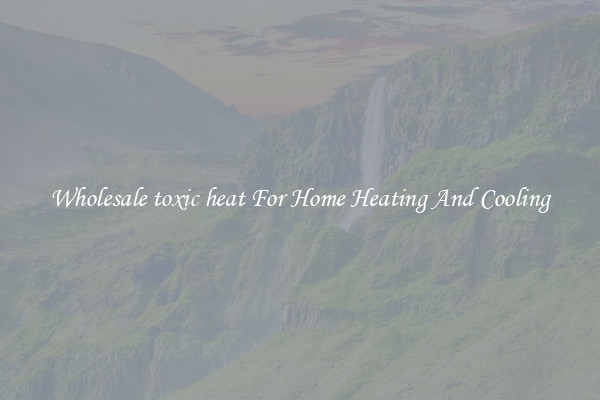
One of the most common sources of wholesale toxic heat is the burning of fossil fuels for heating and cooling purposes. When fossil fuels such as coal, oil, or natural gas are burned, they release harmful pollutants into the air, including carbon dioxide, sulfur dioxide, and nitrogen oxides. These pollutants can contribute to air pollution, smog, and climate change, as well as respiratory issues and other health problems in humans.
In addition to the environmental and health risks associated with wholesale toxic heat, there are also safety concerns to consider. Improperly managed waste heat can lead to fires, explosions, and other hazards. For example, if a heating system malfunctions and overheats, it can pose a serious fire risk to a home or building.
Furthermore, wholesale toxic heat can also have negative impacts on wildlife and ecosystems. When waste heat is released into bodies of water, such as rivers or lakes, it can raise the water temperature, which can harm aquatic life. It can also disrupt the balance of nutrients and oxygen in aquatic ecosystems, leading to algae blooms and fish kills.
In order to mitigate the risks and dangers of wholesale toxic heat, it is important to explore alternative heating and cooling options that are more sustainable and environmentally friendly. This could include using renewable energy sources such as solar, wind, or geothermal power, as well as implementing energy-efficient heating and cooling systems.
In conclusion, wholesale toxic heat for home heating and cooling poses significant risks to the environment, human health, and safety. It is important for homeowners and businesses to be aware of these dangers and take steps to reduce their reliance on fossil fuels and other sources of waste heat. By exploring more sustainable heating and cooling options, we can help to protect the planet and our own well-being.

View details

View details

View details
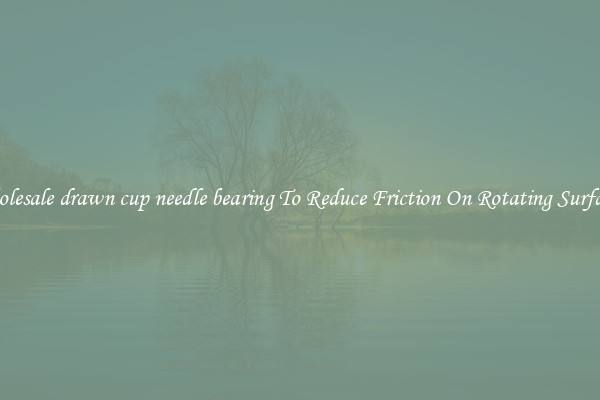
View details
